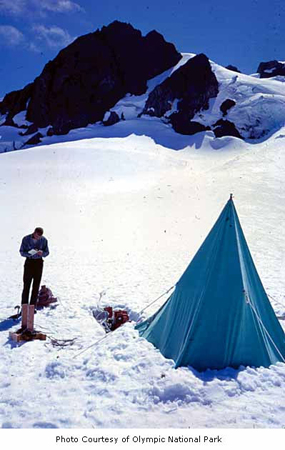| << Chapter < Page | Chapter >> Page > |
An interview is a one-on-one conversation between the researcher and the subject, and it is a way of conducting surveys on a topic. Interviews are similar to the short-answer questions on surveys in that the researcher asks subjects a series of questions. However, participants are free to respond as they wish, without being limited by predetermined choices. In the back-and-forth conversation of an interview, a researcher can ask for clarification, spend more time on a subtopic, or ask additional questions. In an interview, a subject will ideally feel free to open up and answer questions that are often complex. There are no right or wrong answers. The subject might not even know how to answer the questions honestly.
Questions such as, “How did society's view of alcohol consumption influence your decision whether or not to take your first sip of alcohol?” or “Did you feel that the divorce of your parents would put a social stigma on your family?” involve so many factors that the answers are difficult to categorize. A researcher needs to avoid steering or prompting the subject to respond in a specific way; otherwise, the results will prove to be unreliable. And, obviously, a sociological interview is not an interrogation. The researcher will benefit from gaining a subject’s trust, from empathizing or commiserating with a subject, and from listening without judgment.
The work of sociology rarely happens in limited, confined spaces. Sociologists seldom study subjects in their own offices or laboratories. Rather, sociologists go out into the world. They meet subjects where they live, work, and play. Field research refers to gathering primary data from a natural environment without doing a lab experiment or a survey. It is a research method suited to an interpretive framework rather than to the scientific method. To conduct field research, the sociologist must be willing to step into new environments and observe, participate, or experience those worlds. In field work, the sociologists, rather than the subjects, are the ones out of their element.
The researcher interacts with or observes a person or people and gathers data along the way. The key point in field research is that it takes place in the subject’s natural environment, whether it’s a coffee shop or tribal village, a homeless shelter or the DMV, a hospital, airport, mall, or beach resort.

While field research often begins in a specific setting , the study’s purpose is to observe specific behaviors in that setting. Field work is optimal for observing how people behave. It is less useful, however, for understanding why they behave that way. You can't really narrow down cause and effect when there are so many variables floating around in a natural environment.
Much of the data gathered in field research are based not on cause and effect but on correlation . And while field research looks for correlation, its small sample size does not allow for establishing a causal relationship between two variables.

Notification Switch
Would you like to follow the 'Introduction to sociology 2e' conversation and receive update notifications?